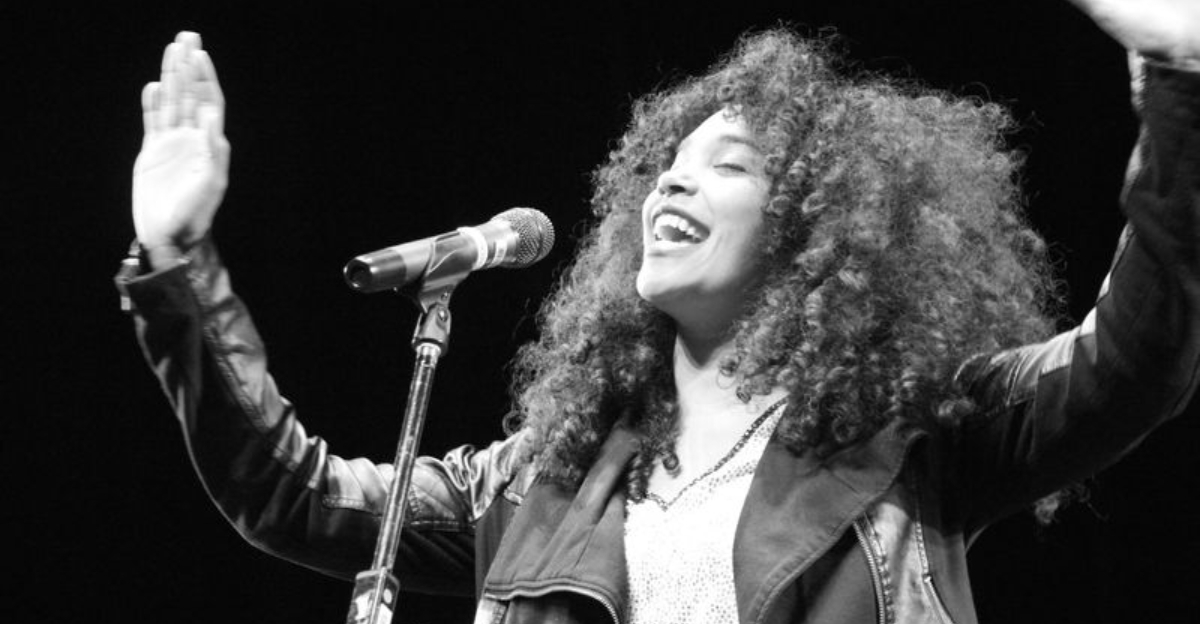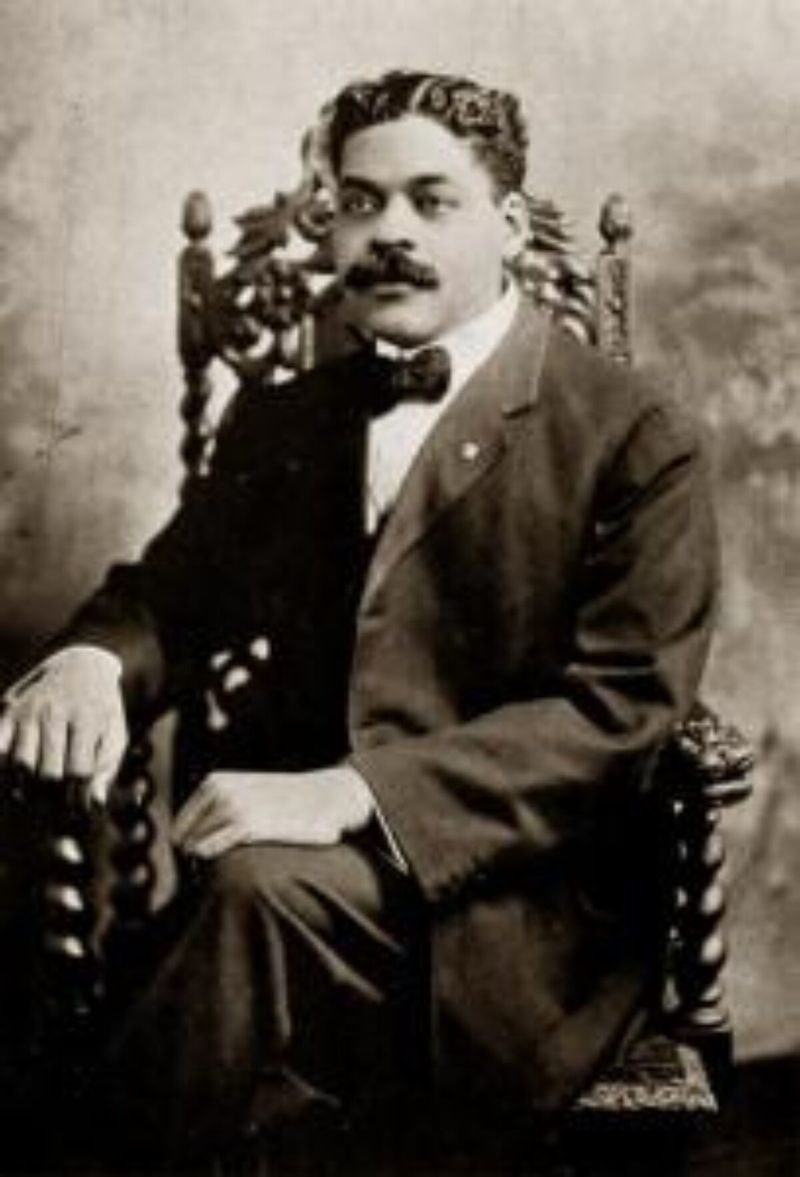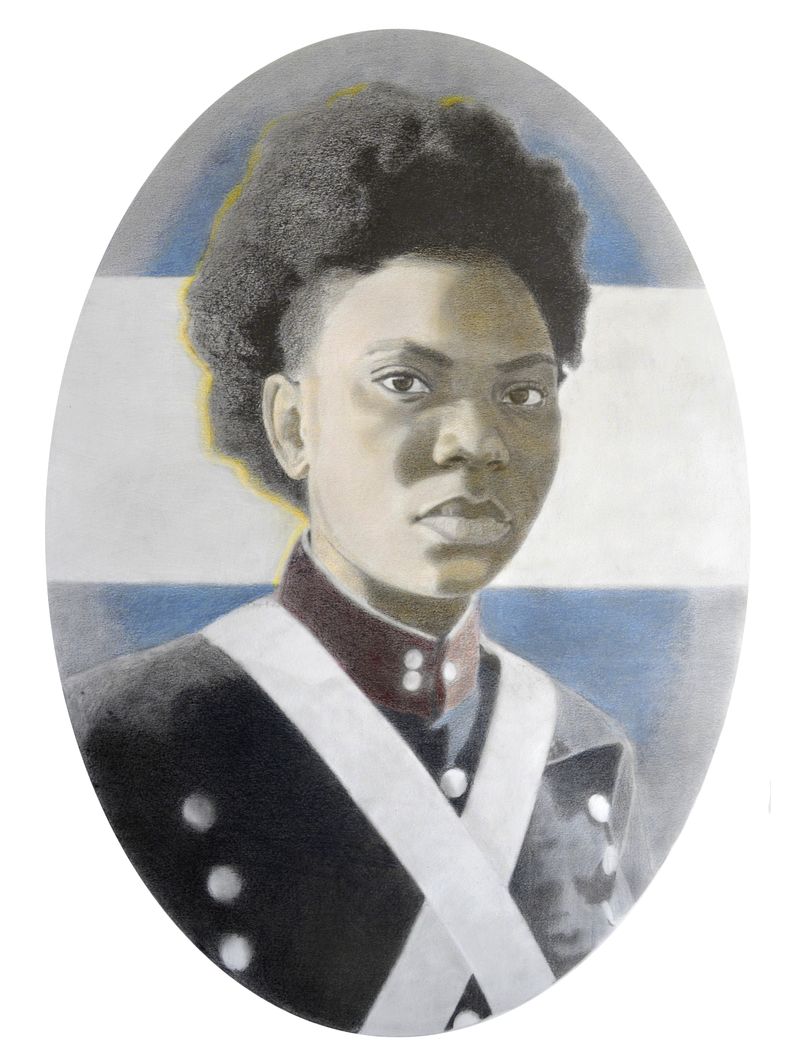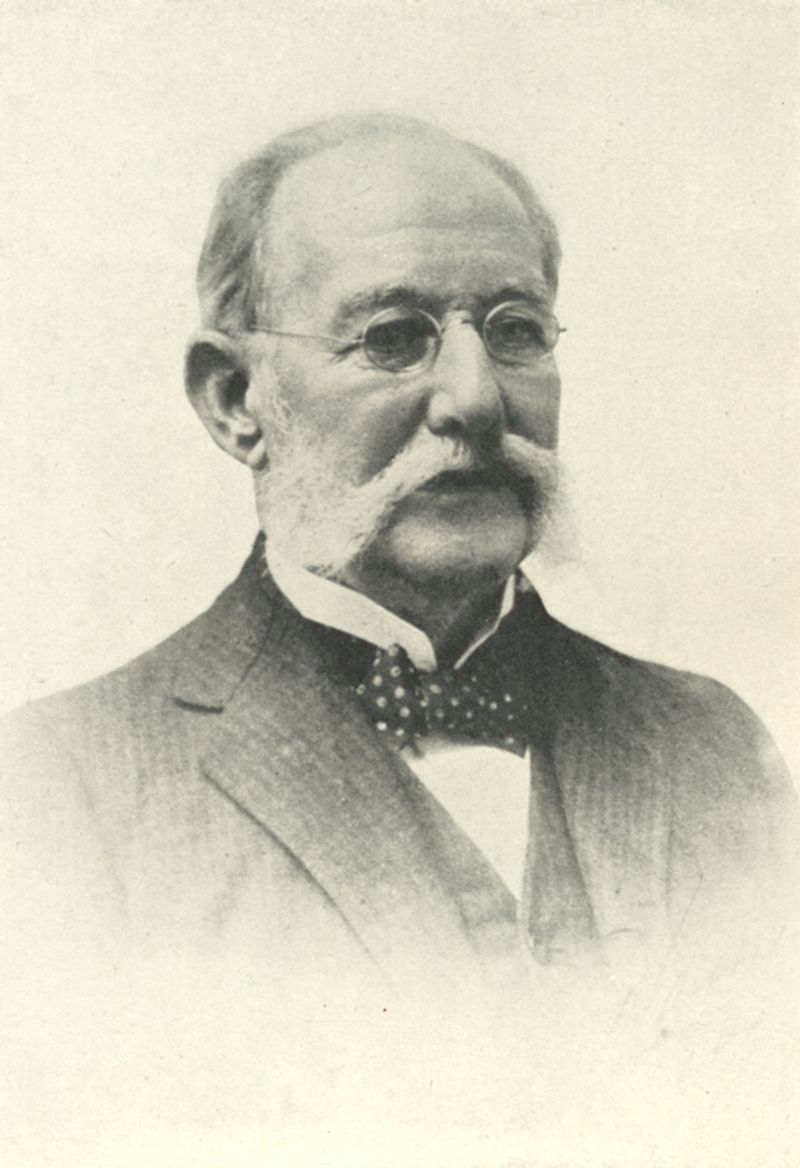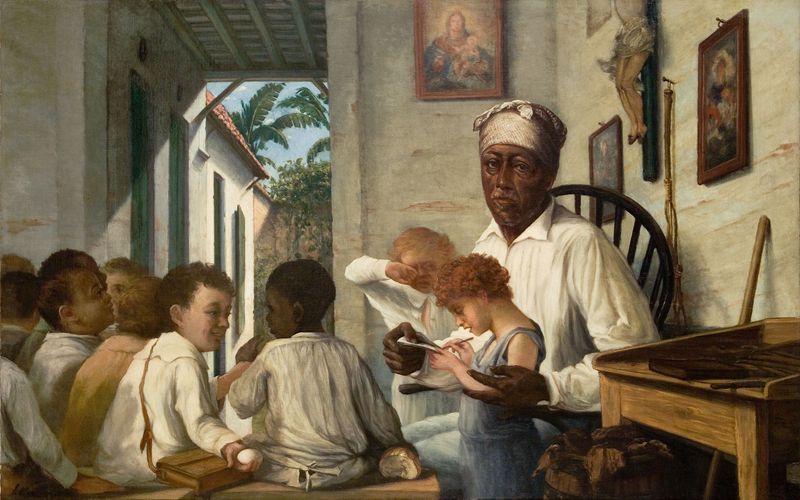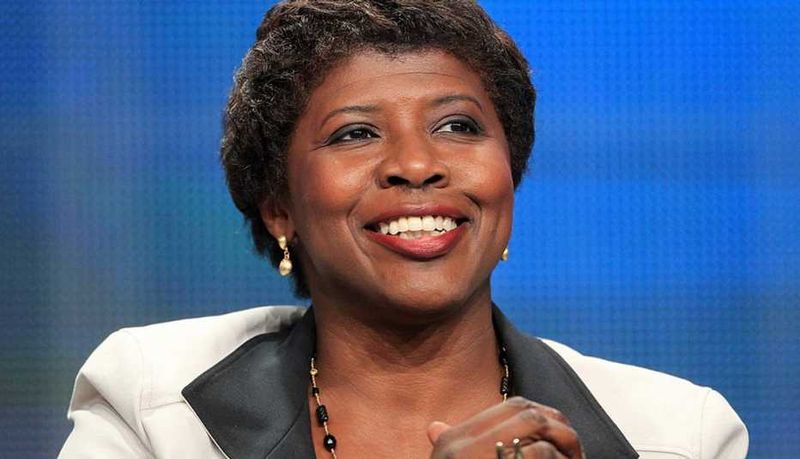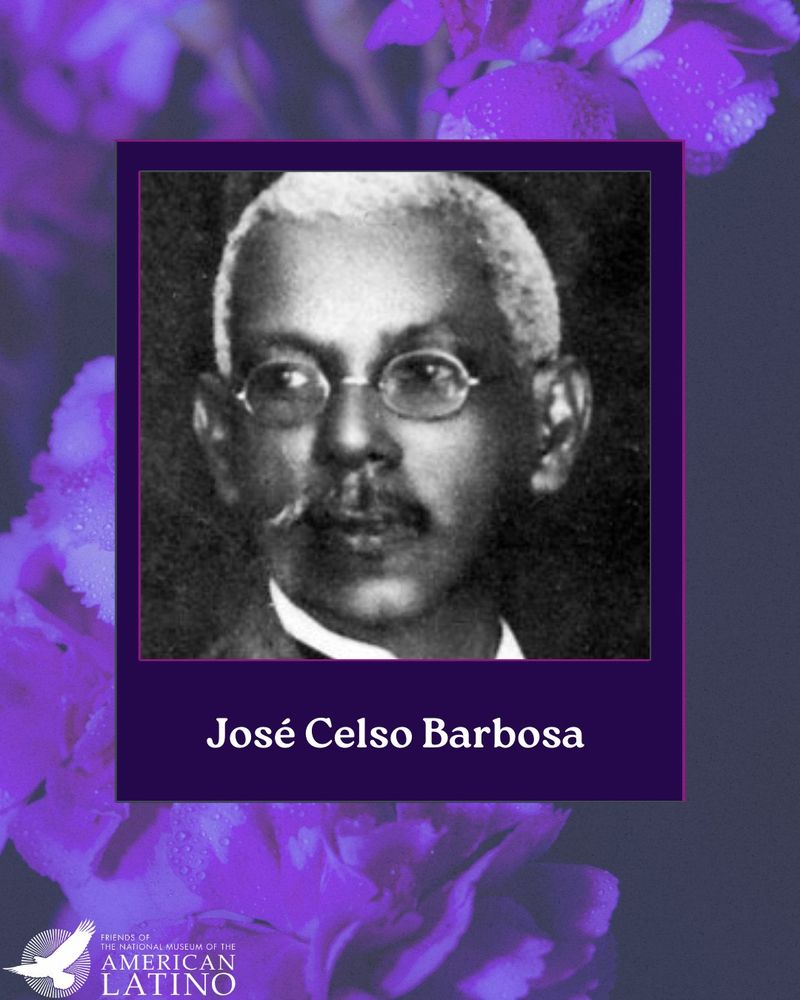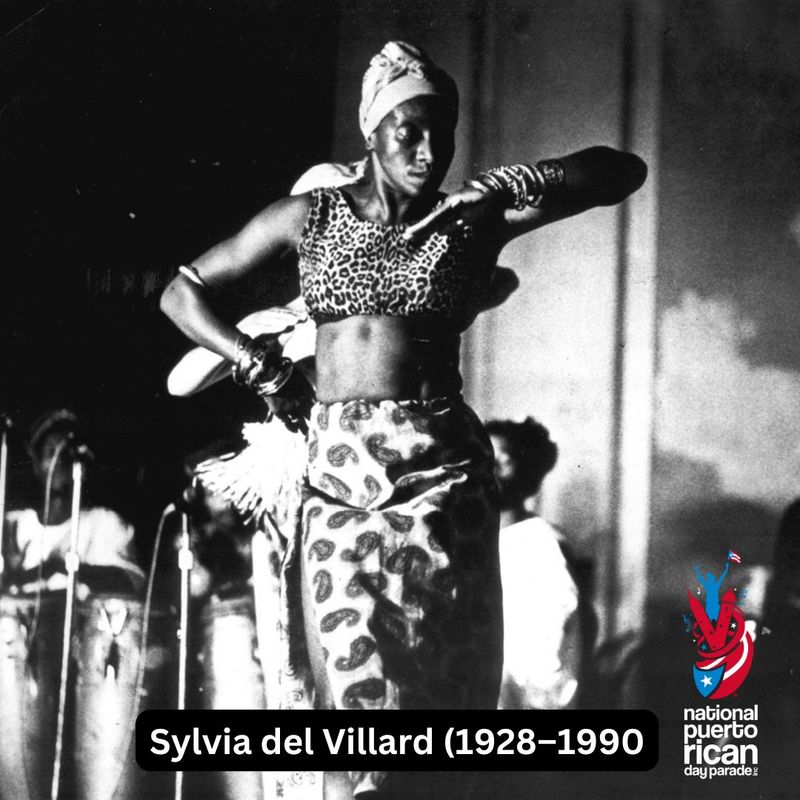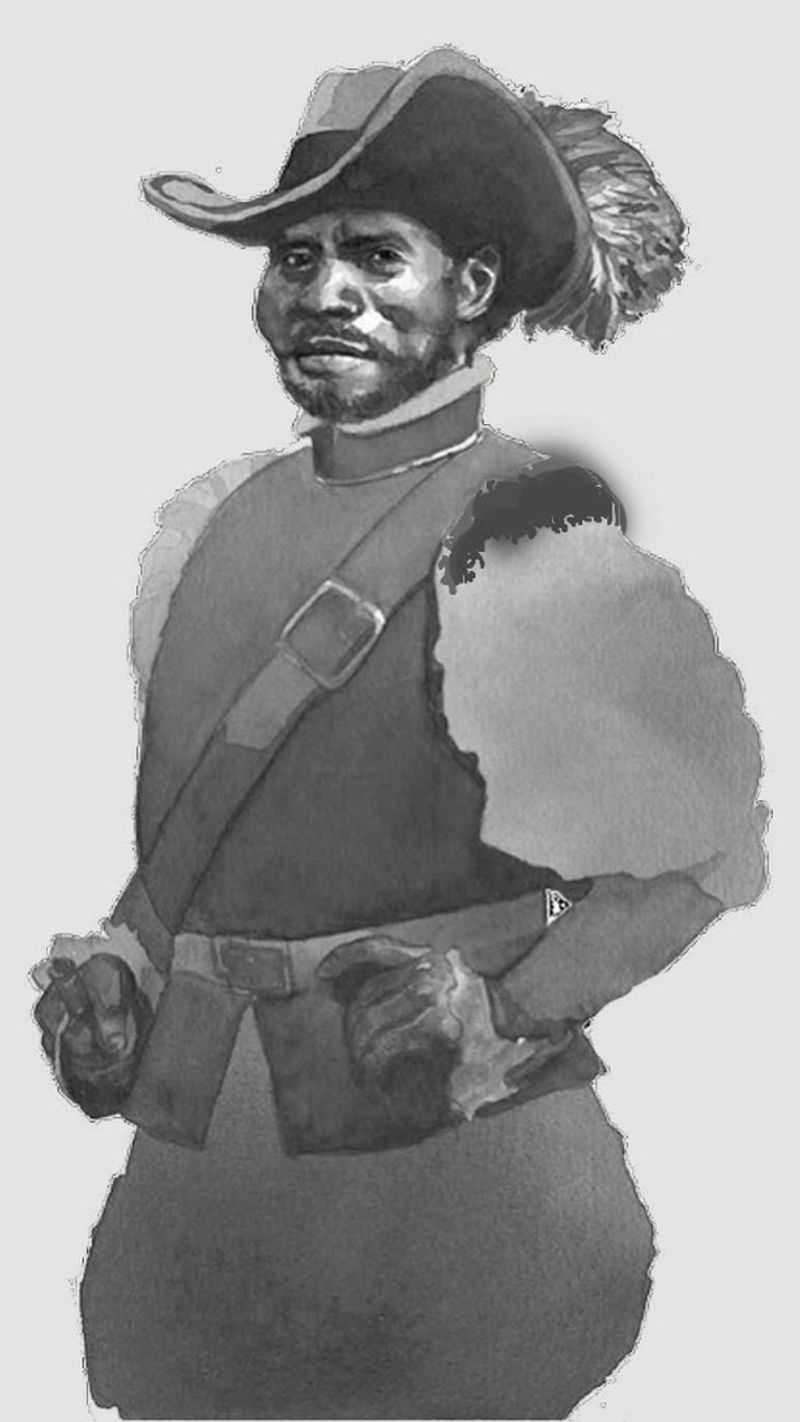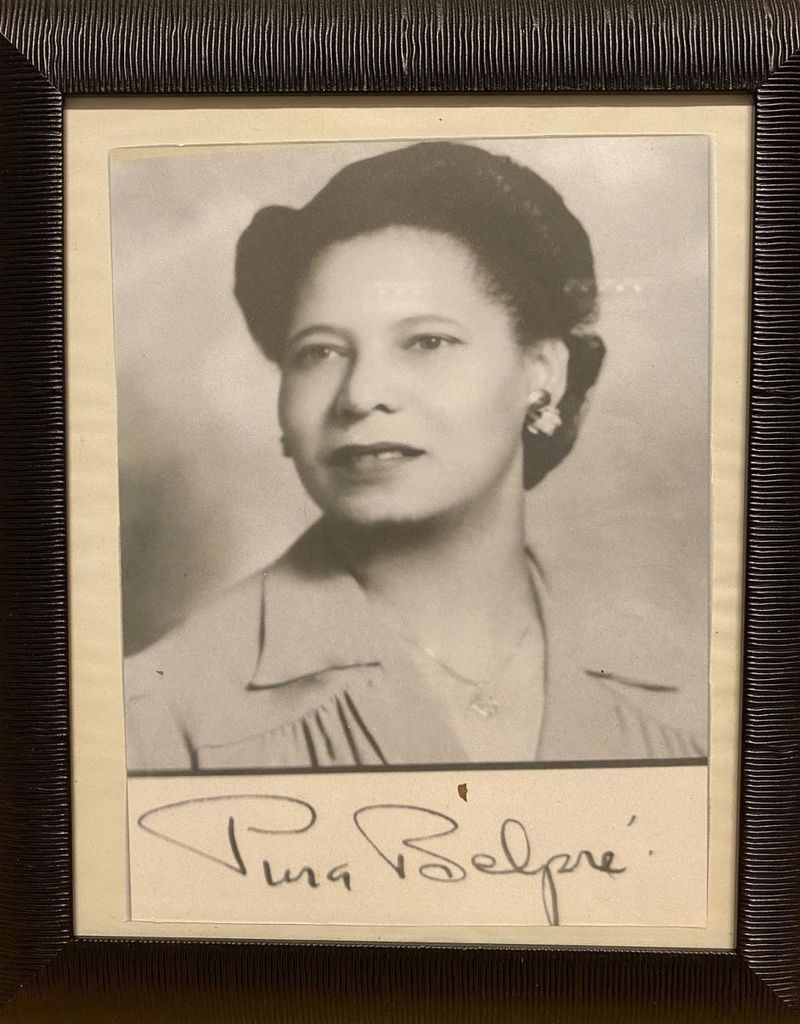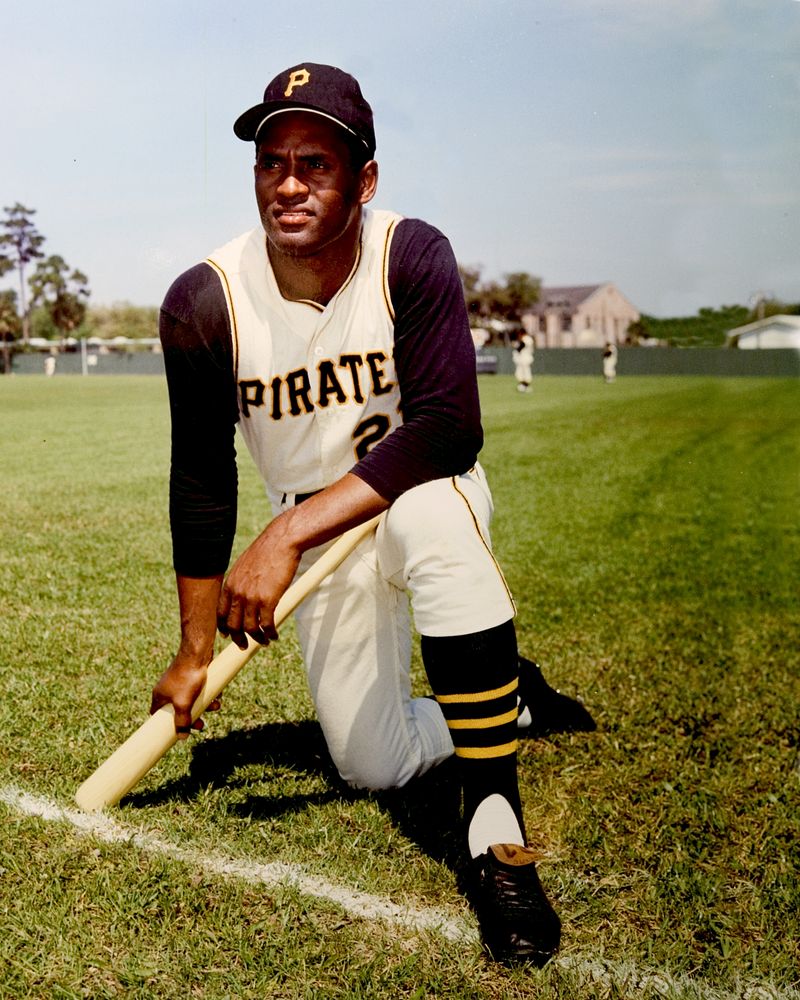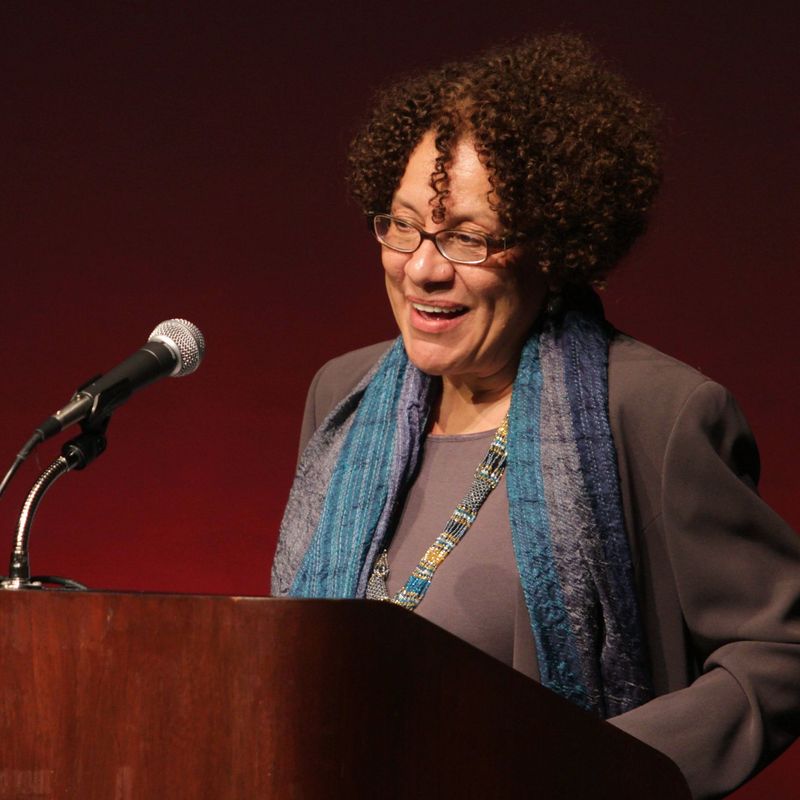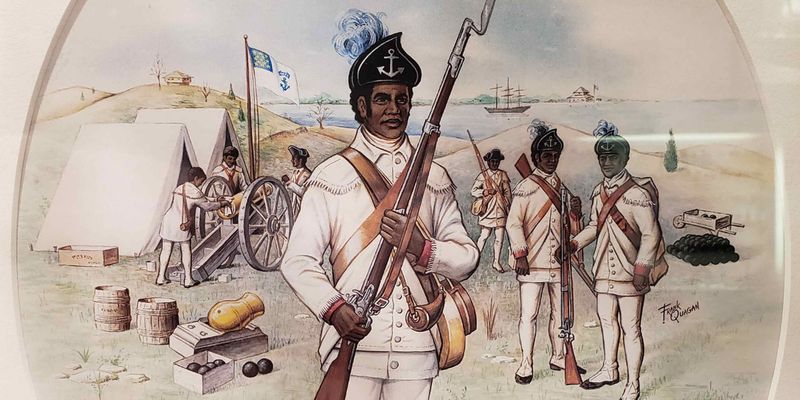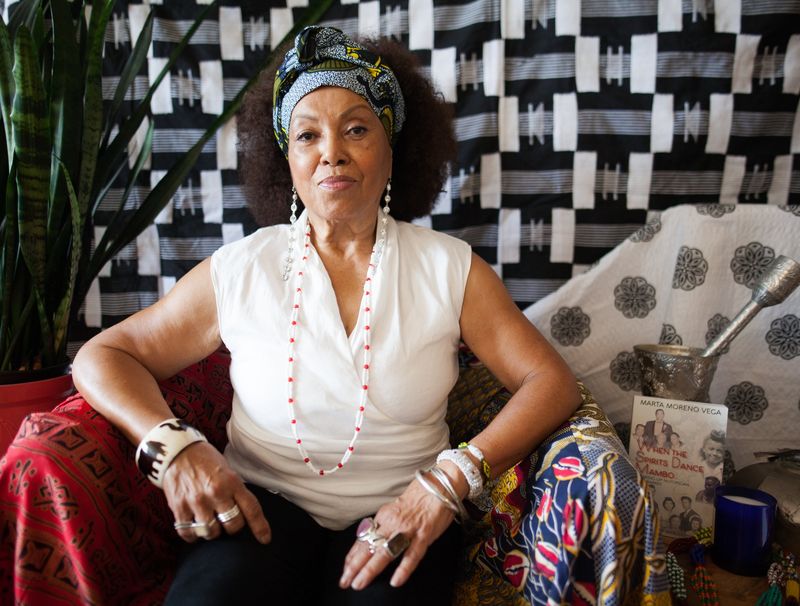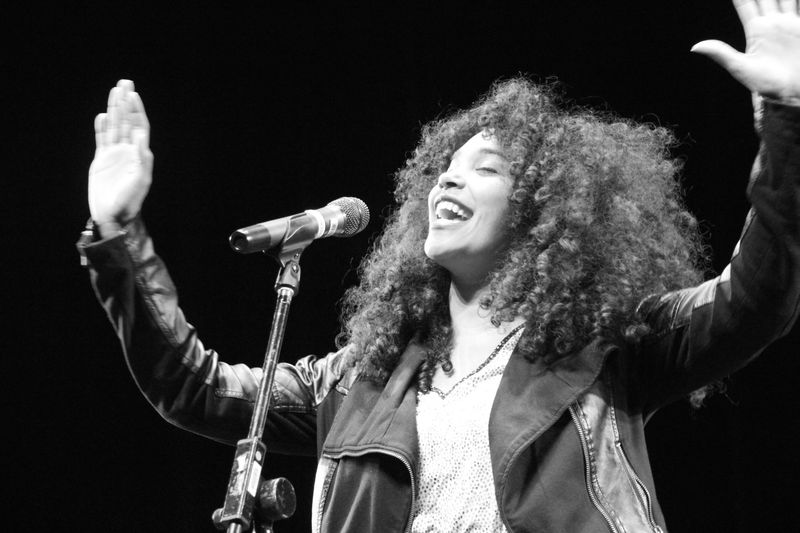Explore the lives and legacies of 14 Afro Latino pioneers whose contributions to America have been largely overlooked by history books. These trailblazers, ranging from historians and scientists to activists and artists, have left an indelible mark on society. Their stories of perseverance, innovation, and courage are a testament to the rich tapestry of Afro Latino heritage.
1. Arturo Alfonso Schomburg (1874–1938) – The Historian Who Preserved Black Legacy
Arturo Alfonso Schomburg, born in Puerto Rico, became a prominent historian during the Harlem Renaissance. A passionate collector of African diaspora artifacts, he created a vast library that formed the basis for the Schomburg Center for Research in Black Culture. His work, driven by a relentless quest to document Black history, ensured the preservation of countless stories that might have been forgotten. Schomburg believed knowledge was power, and his dedication to uncovering hidden histories offered a rich legacy for future generations. Did you know? His interest in Black history sparked when a teacher claimed Africans had no history.
2. María Remedios del Valle (1766–1847) – “The Mother of the Nation” in Argentina
Known as “The Mother of the Nation,” María Remedios del Valle was an Afro-Argentine soldier and nurse during the Argentine War of Independence. Her bravery on the battlefield earned her respect, yet she faced neglect from the government. Despite multiple injuries, her persistence led to a pension after public demand. Del Valle’s unwavering spirit and dedication to her country highlight her as a symbol of resilience. Her story, often overshadowed, reflects the struggles and triumphs of Afro-Latino contributions in shaping nations. Did you know? Her recognition came decades after her service.
3. Dr. Carlos Juan Finlay (1833–1915) – The Cuban Scientist Who Discovered How Yellow Fever Spread
Dr. Carlos Juan Finlay, a Cuban scientist, changed medical history with his theory on yellow fever transmission. Initially ridiculed, his mosquito hypothesis later saved countless lives, especially during the Panama Canal construction. Finlay’s meticulous research and commitment to public health underscored the importance of scientific innovation. Despite the overshadowing of his achievements by others like Walter Reed, his contributions remain invaluable. His journey from skepticism to acknowledgment highlights the challenges faced by pioneers. Did you know? Finlay was nominated seven times for the Nobel Prize without winning.
4. Rafael Cordero (1790–1868) – The Father of Public Education in Puerto Rico
Rafael Cordero, a Black Puerto Rican shoemaker, revolutionized education by establishing Puerto Rico’s first free school for children regardless of race. His commitment to literacy broke racial barriers and laid the groundwork for public education. Known as the “Father of Public Education,” Cordero’s humble classroom became a beacon of learning and equality. His legacy continues to inspire educators worldwide. Despite limited resources, his dedication and love for teaching transformed the lives of many. Did you know? Cordero’s efforts predated widespread public education by decades.
5. Gwen Ifill (1955–2016) – The Trailblazing Afro-Panamanian Journalist
Gwen Ifill, a pioneering journalist of Afro-Panamanian descent, shattered glass ceilings in media. As the first Black woman to host a major political talk show, she brought insightful analysis to PBS’ Washington Week. Ifill’s work in journalism broke racial and gender barriers, earning her respect and admiration. Her career, marked by trailblazing achievements, inspired a generation of journalists. Known for her poise and keen insight, Ifill’s legacy is a testament to the power of diversity in media. Did you know? She co-moderated the presidential debates, a first for an African American woman.
6. José Celso Barbosa (1857–1921) – Puerto Rico’s First Black Doctor & Political Leader
José Celso Barbosa was a trailblazer as Puerto Rico’s first Black doctor, earning his medical degree in the U.S. He later became a significant political leader, advocating for the island’s autonomy. Barbosa’s impact extended beyond medicine; his political endeavors influenced Puerto Rico’s future. A man of vision, he championed both healthcare and political reform. His legacy continues to inspire both fields. Did you know? Barbosa founded the Puerto Rican Republican Party, advocating for statehood and equality.
7. Sylvia del Villard (1928–1990) – Afro-Puerto Rican Actress & Activist
Sylvia del Villard, an Afro-Puerto Rican actress and activist, became a fierce advocate for Black Puerto Rican culture. She founded the Afro-Boricua Ballet, showcasing her vibrant heritage through dance. Del Villard fought against racism in media, ensuring representation and celebration of Afro-Latino identity. Her artistic endeavors highlighted cultural pride and resistance. Through passionate performances and activism, she left an enduring impact on arts and culture. Did you know? Her ballet company was the first to tour internationally, representing Puerto Rican dance.
8. Juan Garrido (c. 1480–1550) – The Black Conquistador Who Explored America
Juan Garrido, a free African man, made history as one of the first Africans to set foot in the present United States. Joining Spanish expeditions, he played a crucial role in exploring new lands. Garrido’s adventures and resilience highlight the complex narratives of Black explorers. His presence challenges the traditional tales of conquest, offering a broader view of history. Garrido’s story is a testament to the diverse threads that weave the fabric of America’s past. Did you know? He was part of Juan Ponce de León’s expedition that sought the Fountain of Youth.
9. Pura Belpré (1899–1982) – The Afro-Puerto Rican Librarian Who Revolutionized Children’s Literature
Pura Belpré, NYC’s first Puerto Rican librarian, revolutionized children’s literature by introducing bilingual storytelling. Her passion for education and culture led her to write mainstream Puerto Rican folktales in English, bridging cultural gaps. Belpré’s influence extended beyond libraries; she nurtured a love for reading among young audiences. Her work preserved Puerto Rican heritage and inspired future generations. Did you know? Her character, “Perez the Mouse,” became an iconic figure in children’s literature.
10. Roberto Clemente (1934–1972) – The Afro-Puerto Rican Baseball Legend & Humanitarian
Roberto Clemente, a baseball legend, and humanitarian, broke racial barriers while advocating for equality. Known for his stellar career, he also used his platform to combat discrimination. Clemente’s commitment to helping others was evident when he died delivering aid to earthquake victims. His legacy transcends sports, emphasizing humanity and compassion. His life embodies the spirit of giving back, making him a revered figure. Did you know? Clemente was the first Latino inducted into the Baseball Hall of Fame.
11. Miriam Jiménez Román (1951–2020) – Scholar Who Defined Afro-Latinidad
Miriam Jiménez Román, a trailblazing scholar, redefined Afro-Latinidad with her groundbreaking work. As the editor of The Afro-Latin@ Reader, she provided a comprehensive look at Afro-Latino identity in the U.S. Her scholarship challenged stereotypes and broadened understanding of cultural intersections. Jiménez Román’s legacy is a testament to the power of academic inquiry and representation. Her work continues to influence scholars and activists. Did you know? Her research inspired the creation of Afro-Latino studies programs in universities.
12. Jorge “El Negro” López – The Afro-Cuban Spy Who Helped Win the American Revolution
Jorge López, known as “El Negro,” played a crucial role in the American Revolution as an Afro-Cuban spy. Once enslaved, López became a key intelligence agent for the Spanish, assisting the U.S. against Britain. His covert actions and bravery contributed to pivotal victories. López’s story illustrates the often-overlooked contributions of Afro-Latinos in shaping history. His legacy is a reminder of the diverse identities involved in the fight for independence. Did you know? His espionage efforts were vital in the Siege of Pensacola.
13. Marta Moreno Vega – Afro-Puerto Rican Scholar & Founder of the Caribbean Cultural Center
Marta Moreno Vega, a distinguished scholar, founded the Caribbean Cultural Center to preserve Afro-Latino traditions. Her work combats cultural erasure and highlights the richness of Caribbean heritage. Vega’s dedication to education and activism fosters understanding and appreciation of diverse cultures. Her influence extends beyond academia, inspiring future generations to embrace cultural identity. Did you know? Her efforts led to the recognition of Afro-Latino culture in mainstream platforms.
14. Elizabeth Acevedo – Afro-Dominican Poet & Novelist Breaking Barriers Today
Elizabeth Acevedo, an Afro-Dominican poet and novelist, is celebrated for her powerful storytelling. Her work, rich in cultural themes, won her the National Book Award for Young People’s Literature. Acevedo’s voice resonates with authenticity and passion, breaking barriers and challenging norms. Her writings reflect a profound connection to her heritage, inspiring readers worldwide. Did you know? She was the first Afro-Latina to receive this prestigious award. Acevedo’s contributions continue to pave the way for diverse narratives in literature.
